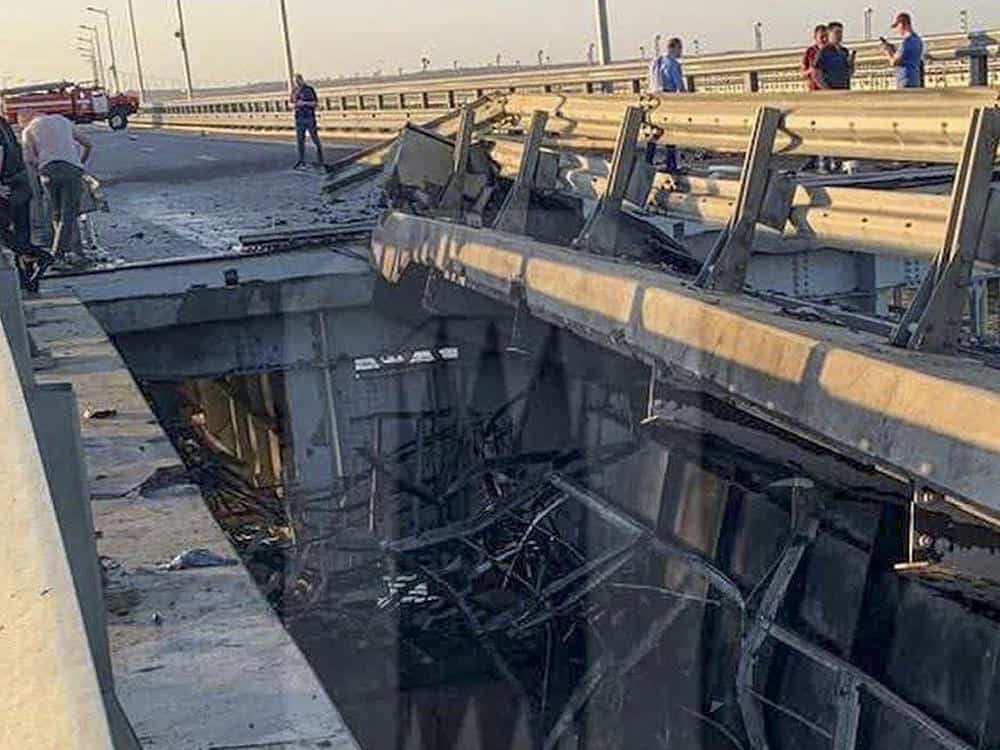
Crimean Bridge Damaged by Ukrainian Strike
Ukraine apparently struck the Crimean Bridge using unmanned surface vehicles. However, it will likely have a limited impact on Russian military logistics.

Ukraine apparently struck the Crimean Bridge using unmanned surface vehicles. However, it will likely have a limited impact on Russian military logistics.
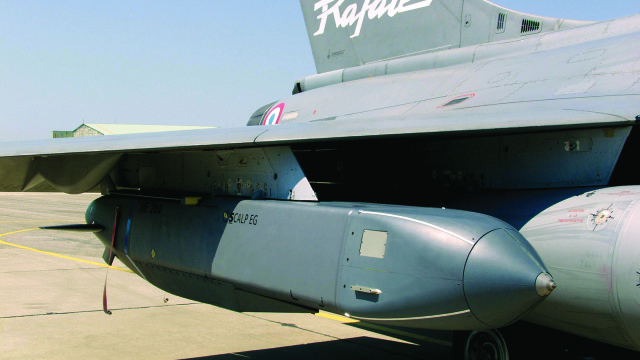
Kyiv’s new French-supplied missiles will help the Ukrainian military degrade Russian logistics and command and control.
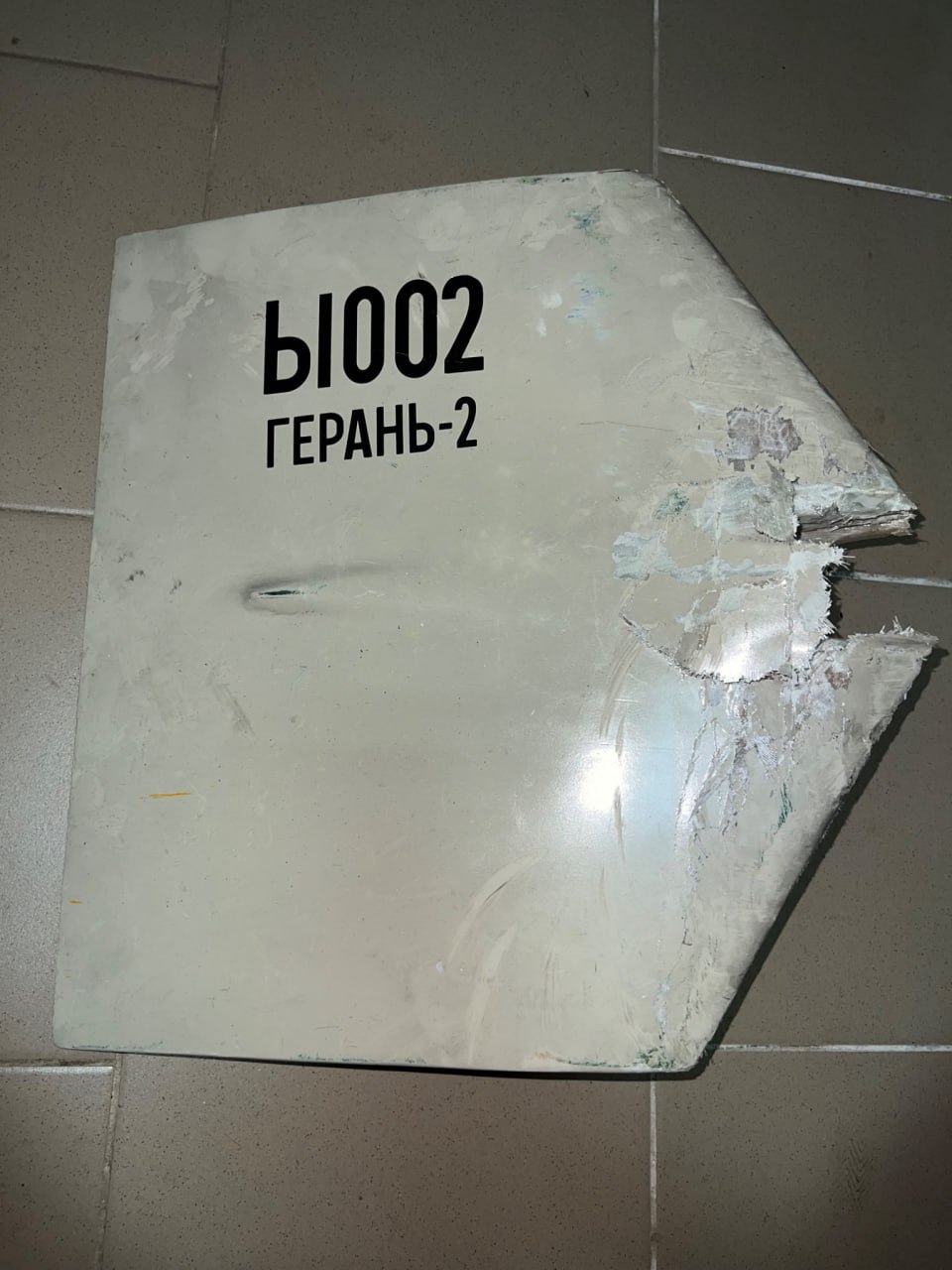
New evidence suggests Moscow is getting closer to producing Iranian-designed suicide drones in Russia.
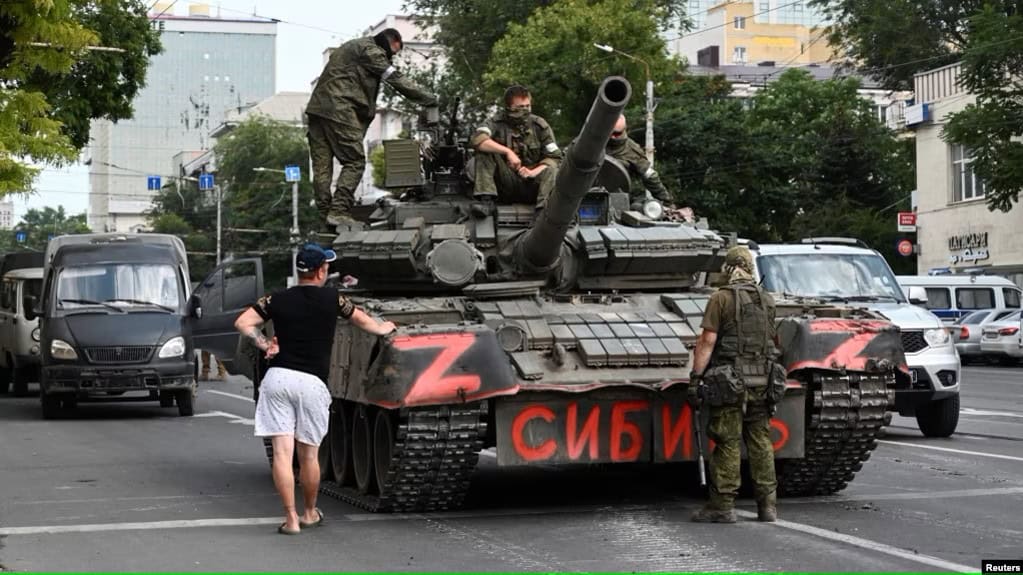
The head of Russia’s National Guard said his troops will receive tanks and other heavy equipment following Wagner’s mutiny.
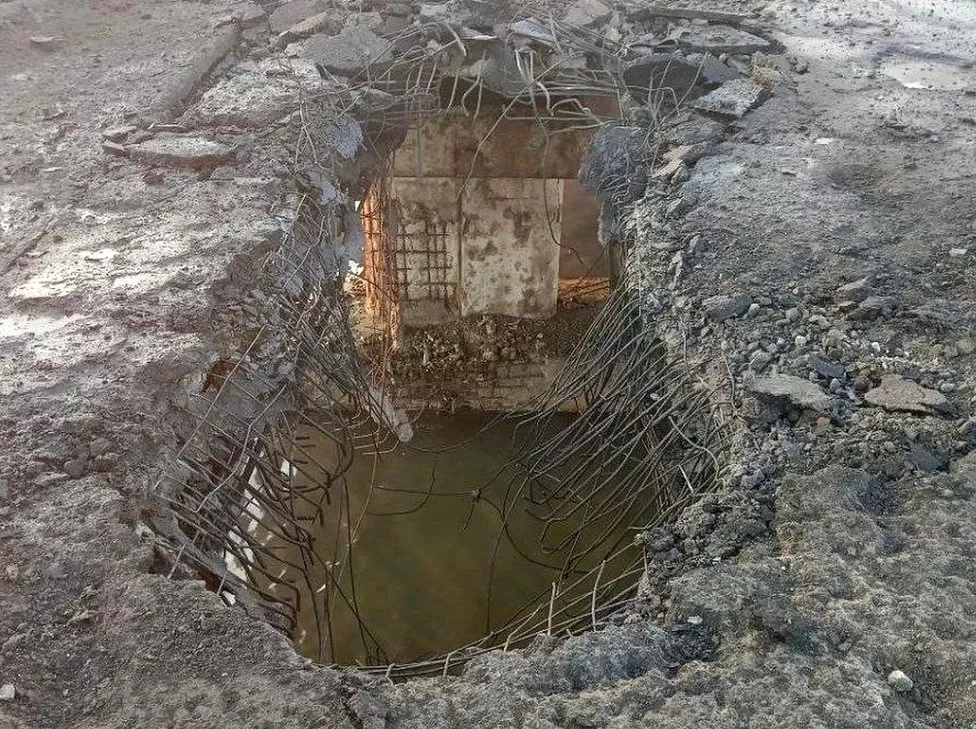
The Ukrainian military on Thursday struck a key bridge connecting the Crimean Peninsula to the Russian-occupied part of Kherson Oblast. The strike aims to degrade Russia’s ability to resist the counteroffensive Kyiv launched earlier this month. On Thursday morning, Vladimir Saldo, the Russian-installed head of Kherson Oblast, shared footage showing a large hole in the […]
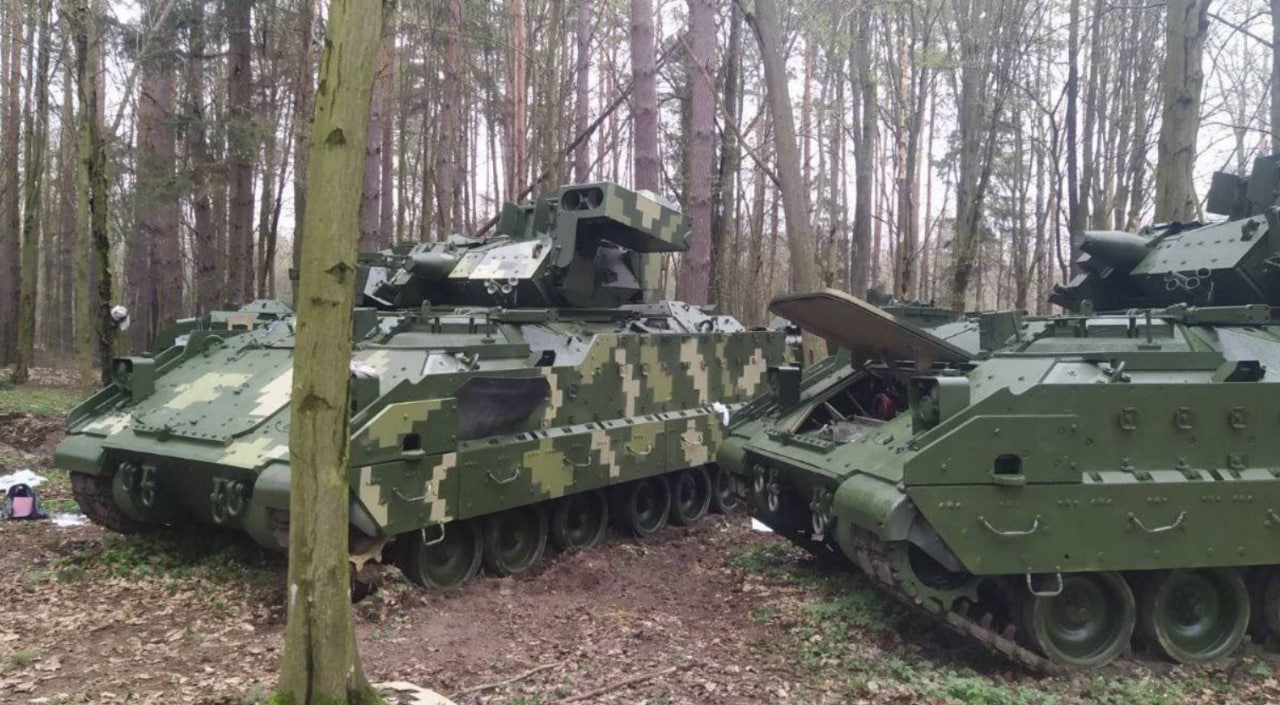
Two weeks into its counteroffensive, Ukraine has made some initial gains while also suffering losses. The operation has yet to reach its decisive phase.
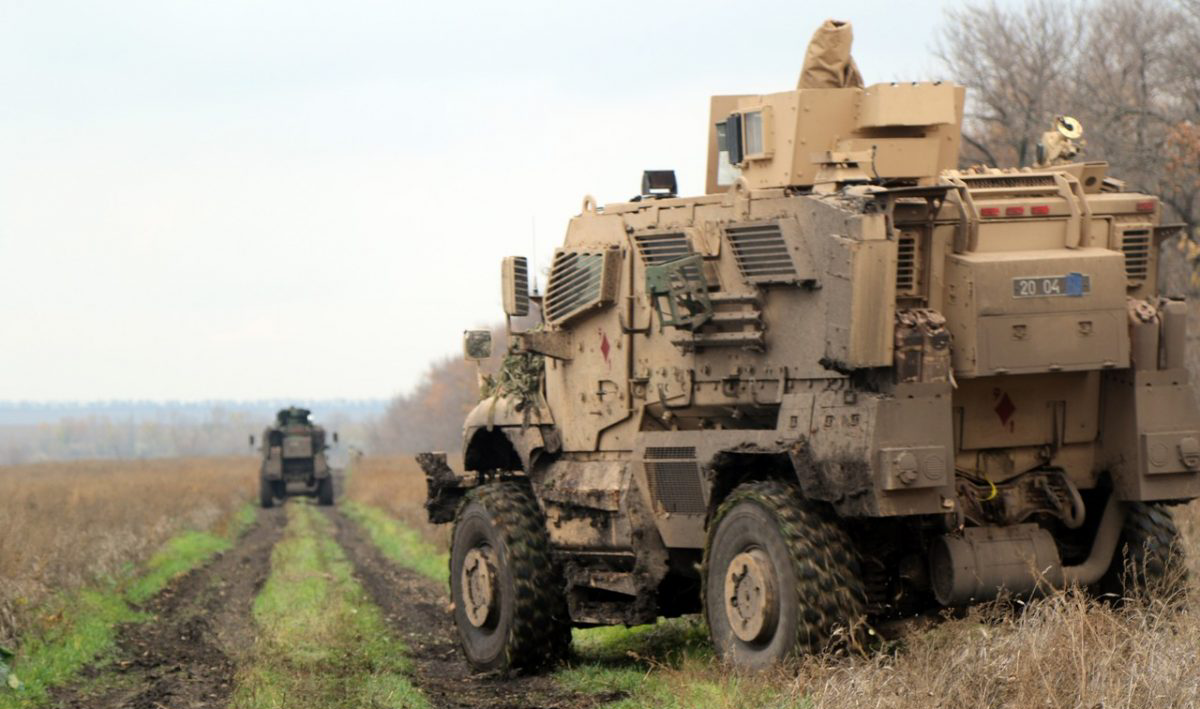
Ukraine launched a flurry of localized offensives across the battlefield on June 4 and 5, most notably in Russian-occupied southern Donetsk Oblast. These attacks likely aim merely to probe Russian defenses or divert Russia’s attention from a forthcoming larger offensive. Nevertheless, the early stages of Kyiv’s much-anticipated counteroffensive appear to have begun. Ukraine reportedly launched […]
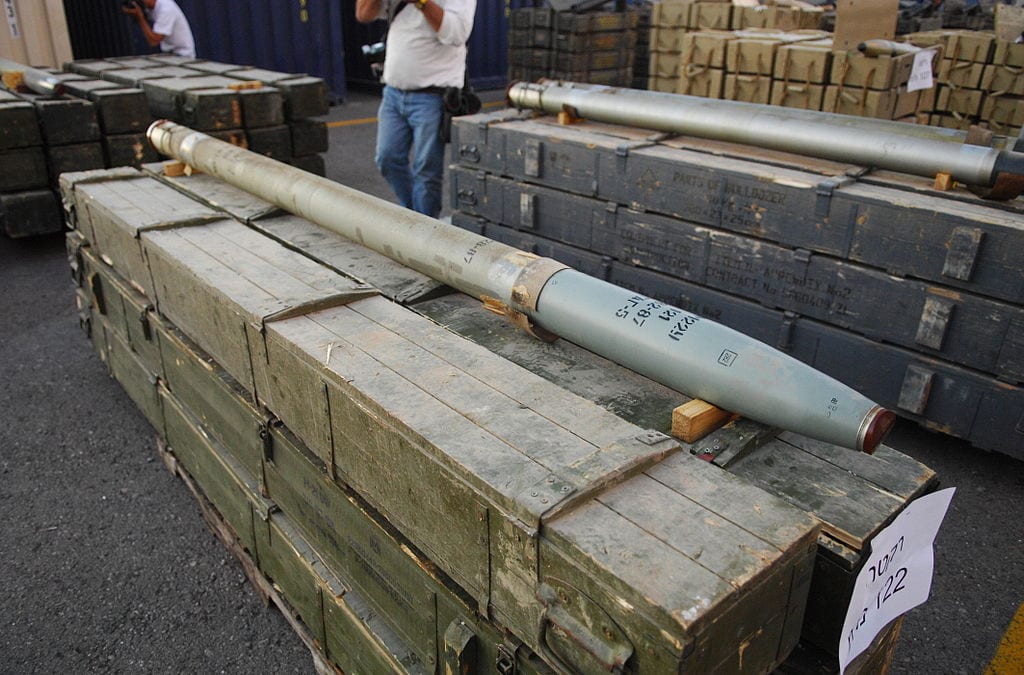
Moscow is allegedly looking to Iran to help redress its artillery ammo shortage. But while Iranian supplies can help, they likely can’t sustain Russia’s current rate of fire.
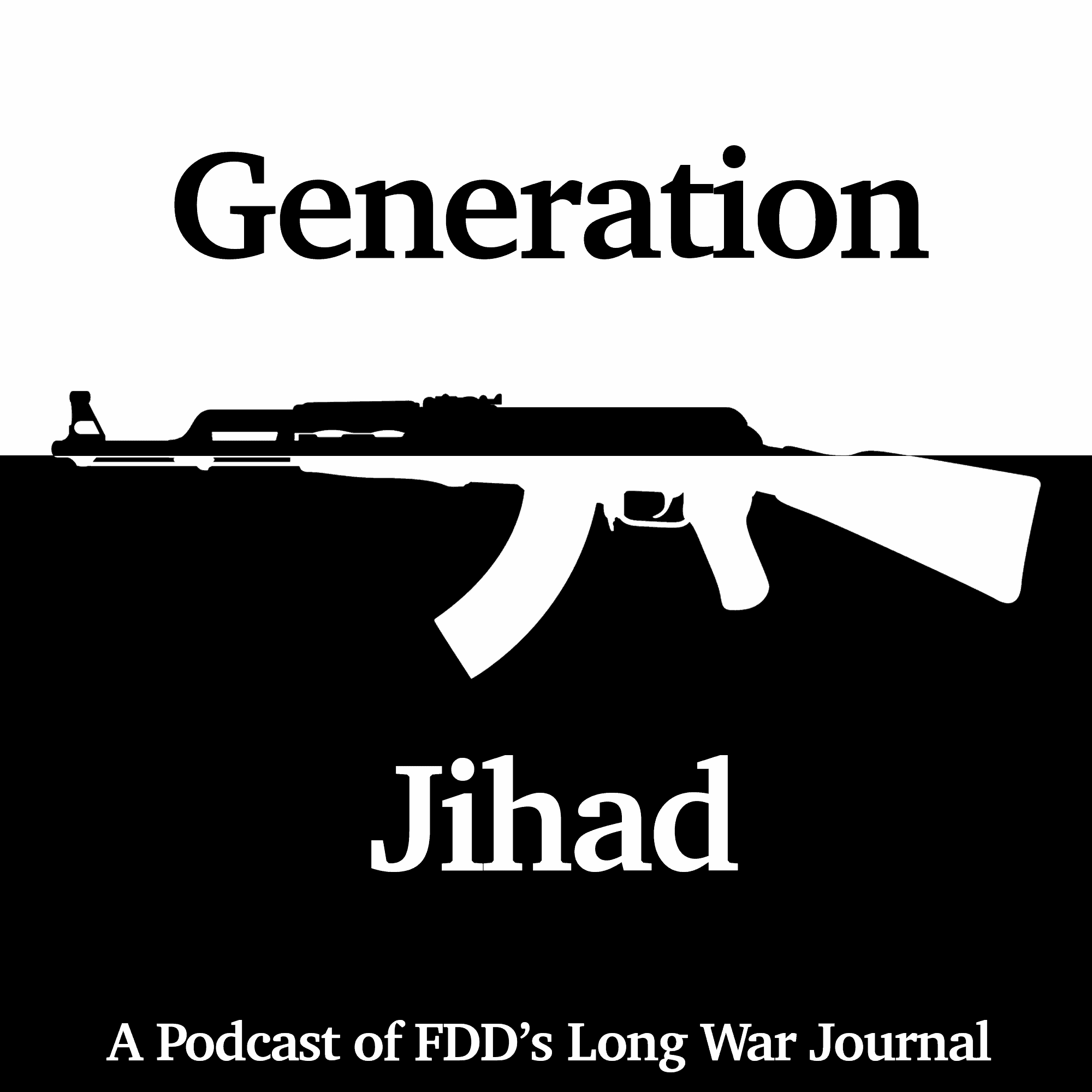
Host Bill Roggio is joined again by John Hardie, deputy director of FDD’s Russia Program, to discuss the latest developments from Russia’s war in Ukraine, including Russia’s recent change in command of its forces.
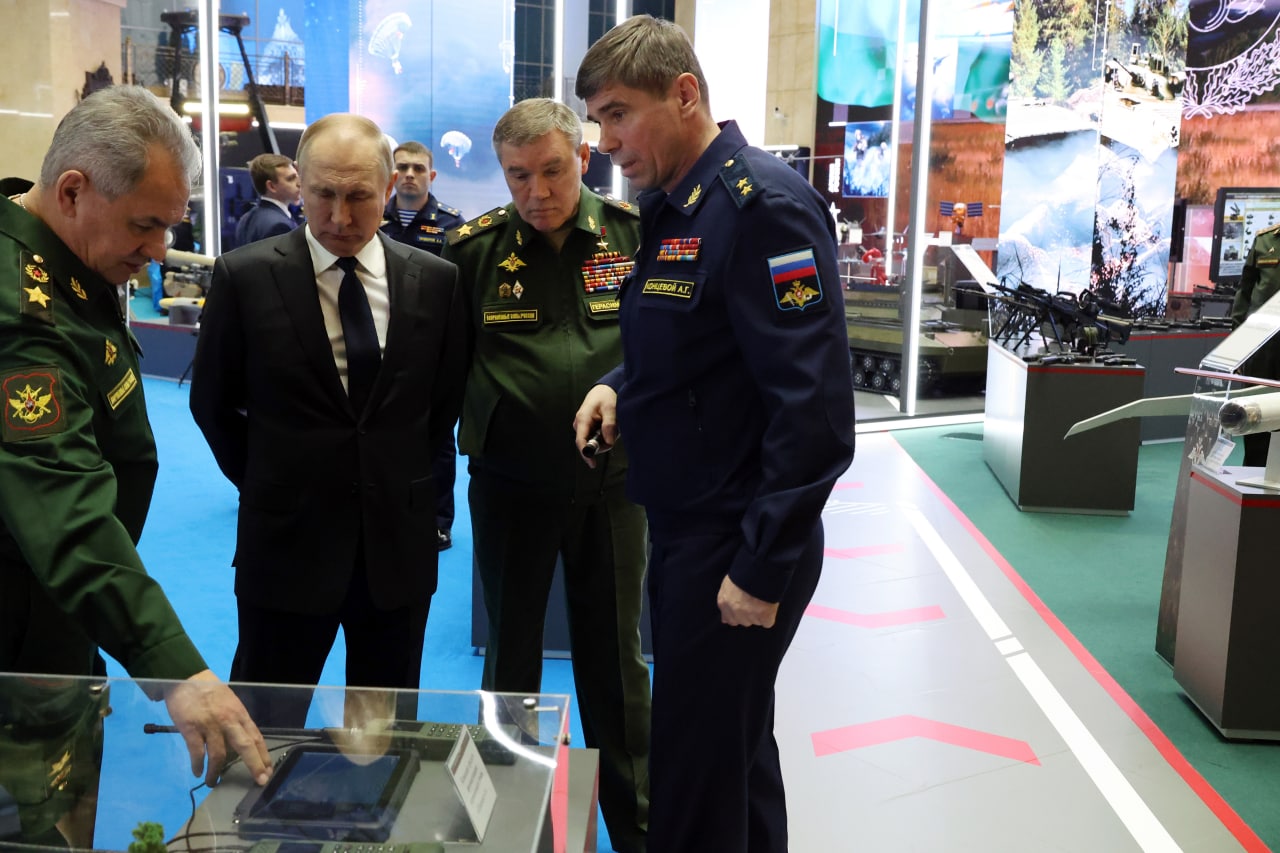
Moscow’s latest command shake-up likely reflects internal power politics and bodes poorly for Russia’s war effort in Ukraine.
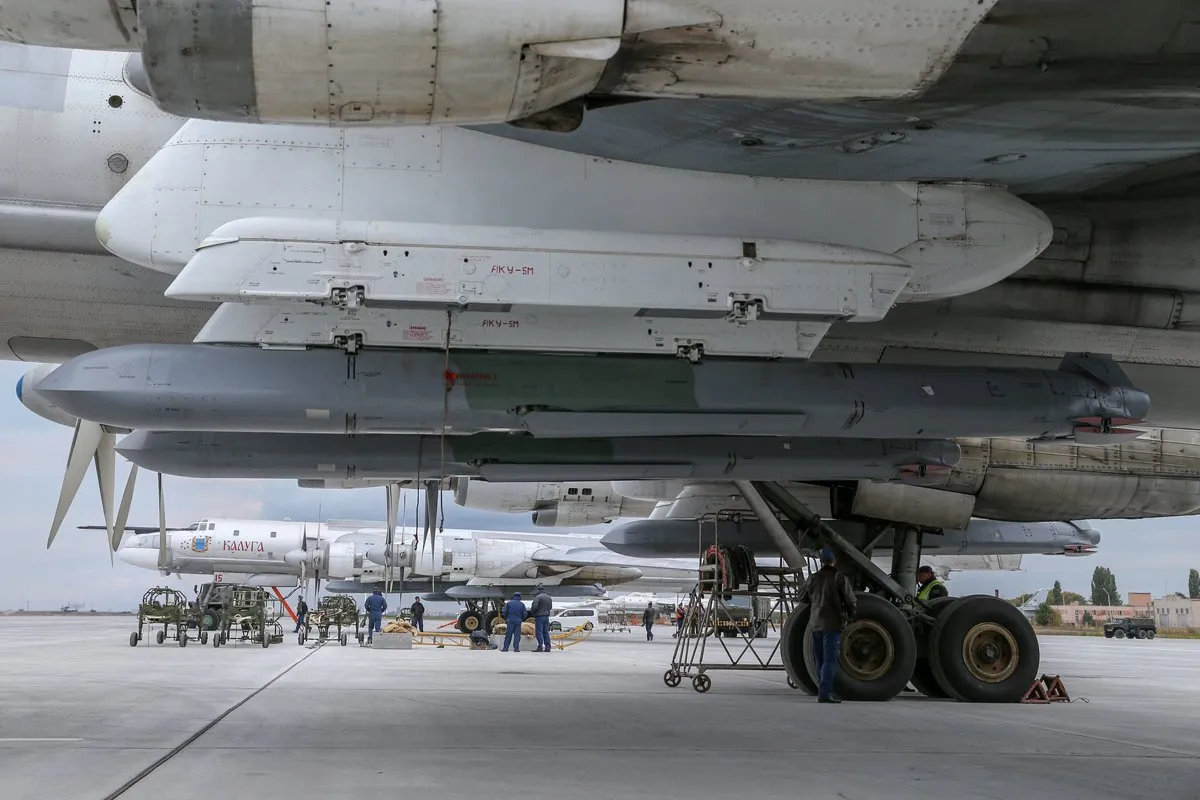
Data from downed Kh-101 cruise missiles suggests that despite sanctions, Russian production of these (and perhaps other) missiles not only persists but may be greater than some previously thought.
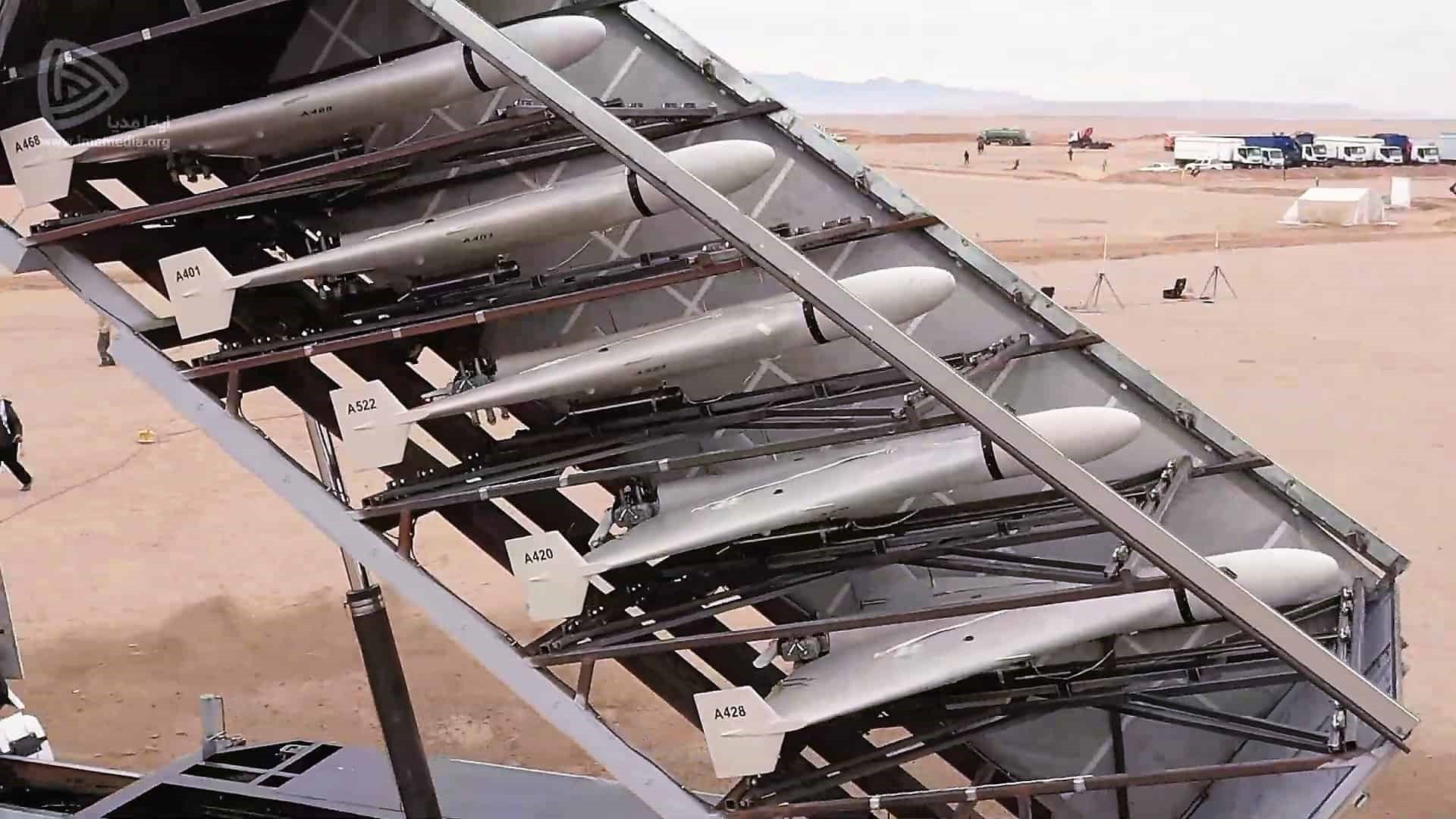
While it will not change the conflict’s overall direction, the Shahed-136 has bolstered Russia’s long-range precision strike capacity while providing some additional capability against front-line targets.

Host Bill Roggio is again joined by John Hardie, deputy director of FDD’s Russia Program, to discuss the latest from Russia’s war in Ukraine, including Putin’s announcements on mobilization and additional annexations as well as other developments from the battlefield.
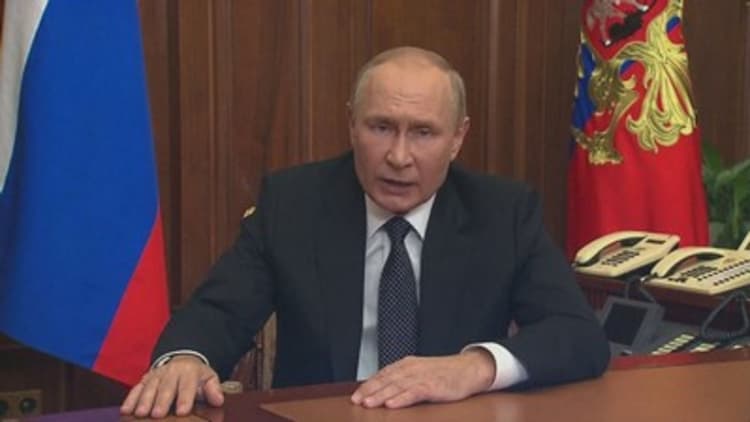
In a televised address on Wednesday morning, President Vladimir Putin promised to ensure the security of upcoming “referendums” in occupied Ukrainian territories and declared Russia would conduct a “partial mobilization.” These announcements represent an about-face from the Kremlin’s position on these issues mere days ago, likely reflecting Putin’s realization that drastic measures are necessary to […]

Ukraine’s stunning victory in Kharkiv Oblast has reshaped the battlefield and dealt a powerful blow to Vladimir Putin’s ambitions in Ukraine. Meanwhile, Ukrainian forces continue to wage a more gradual but no less important counteroffensive in southern Ukraine. This analysis will unpack them both and highlight some factors that will shape the road ahead. Kharkiv […]

Host Bill Roggio is joined by Commander Salamander, a retired U.S. Navy Commander. Since 2003, like Bill, Sal has been closely tracking and analyzing military issues on his “Commander Salamander” blog and is widely seen as a trailblazer in the arena. The two discuss the ongoing war in Ukraine following Putin’s invasion.

Bill Roggio provides an update on the current situation in Ukraine following Russia’s invasion, including a clear-eyed and sober analysis of what’s actually happening on the ground. Bill reminds listeners that the West must understand the enemy and how — if we want to help Ukraine — we must be honest about its predicament.

Hosts Tom Joscelyn and Bill Roggio discuss reports saying that Russia offered bounties to Taliban fighters to attack Americans.
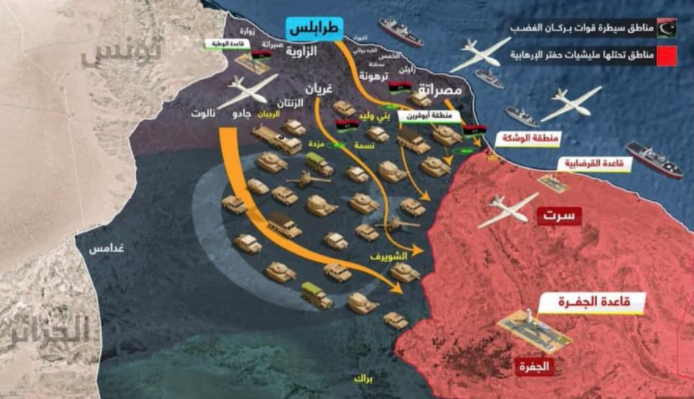
After many years of conflict in Syria and Libya, the involvement of Turkey, Russia and other powers is leading to increasingly sophisticated clashes between the latest UAV and air defense technology. The use of new technology has ramifications for future conflicts in the Middle East and provides an emerging model for how regional powers are fighting proxy wars to redraw the balance of power in the region.
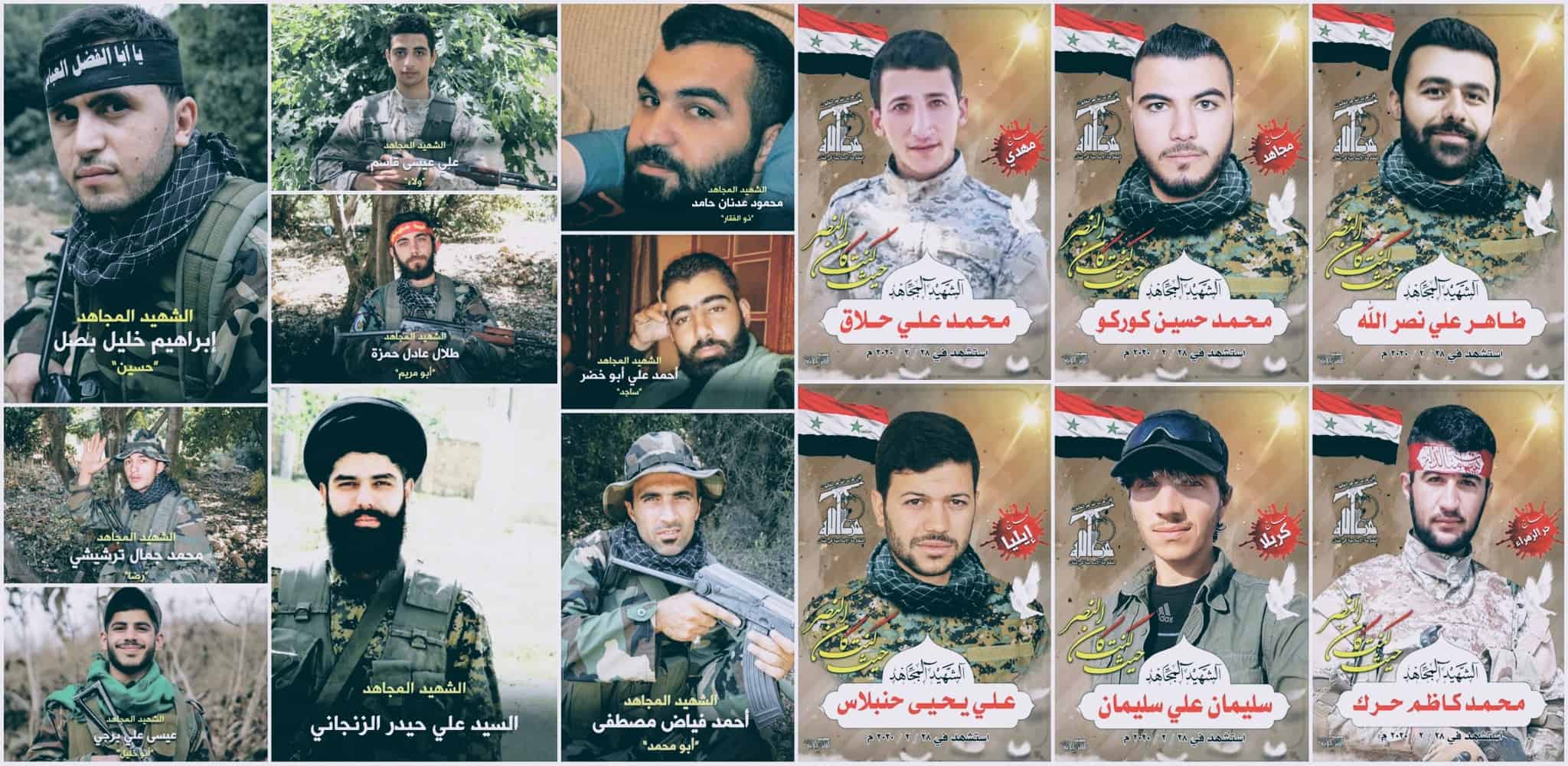
Recently, Hezbollah has suffered losses it has not seen in years of fighting in Syria.
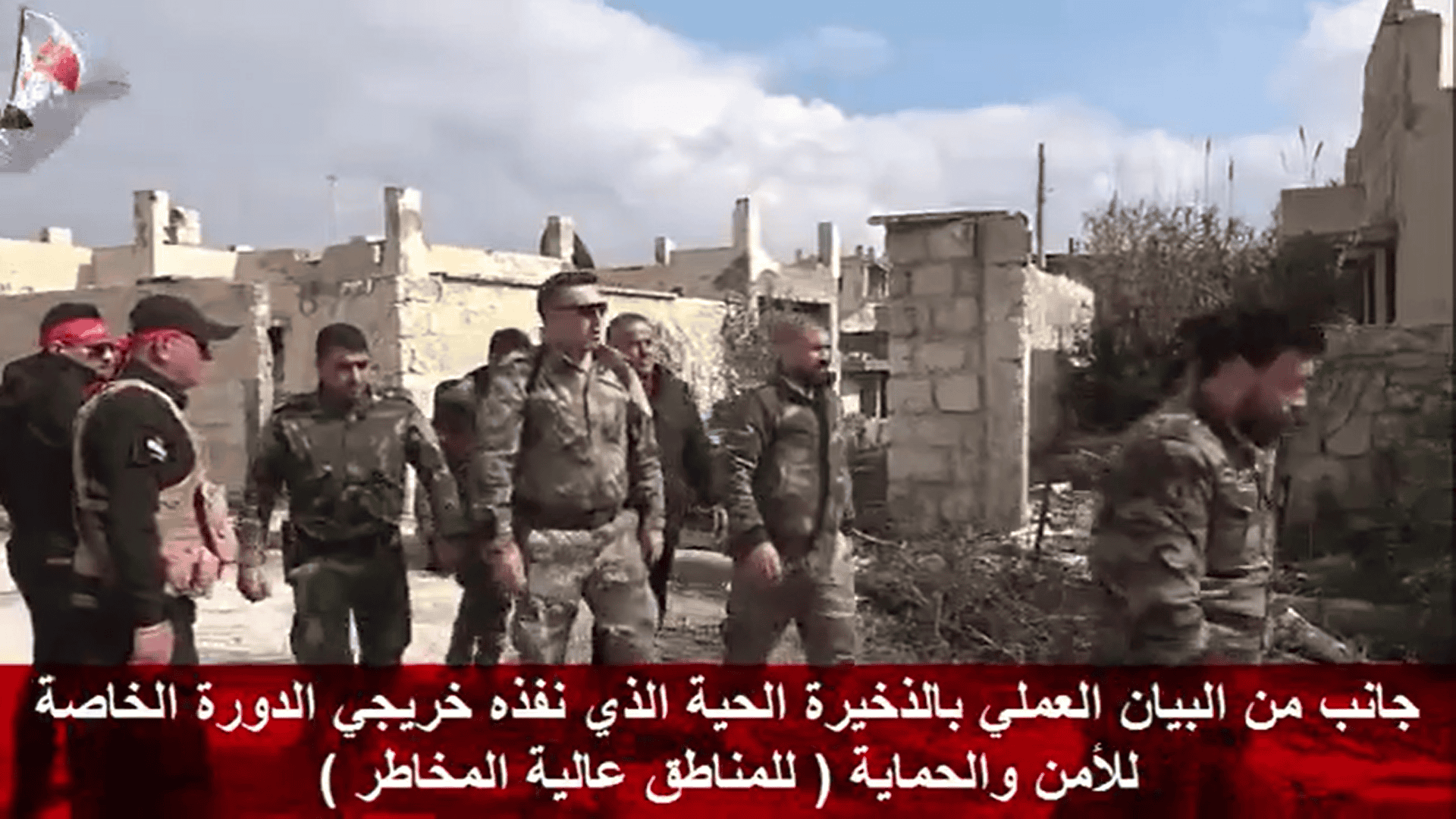
Russian special forces are reported to have held a training event for the pro-regime Palestinian militia, Liwa al Quds.
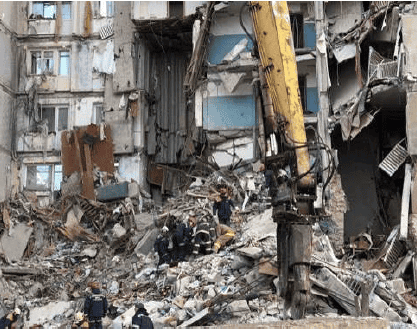
The Russian government says that a gas leak was most likely responsible for an explosion at an apartment building in Magnitogorsk on Dec. 31. On Jan. 17, the Islamic State claimed that the incident was really an “operation” conducted by the Islamic State’s Caucasus province.
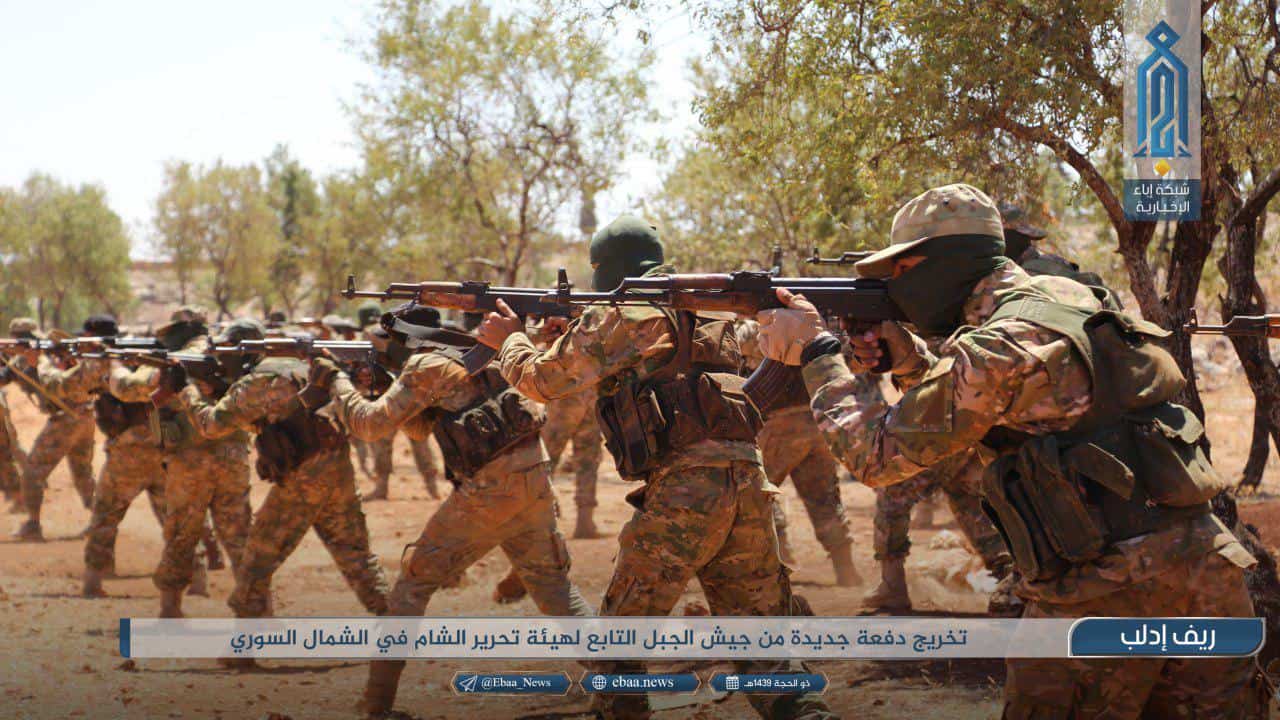
Hay’at Tahrir al Sham (HTS), the most powerful jihadist organization in Idlib province, has finally issued a statement addressing the agreement reached between Turkey and Russia last month. HTS vows to continue waging jihad, and warns that it doesn’t trust Russia’s “intentions,” but does not directly repudiate the Sochi accord.
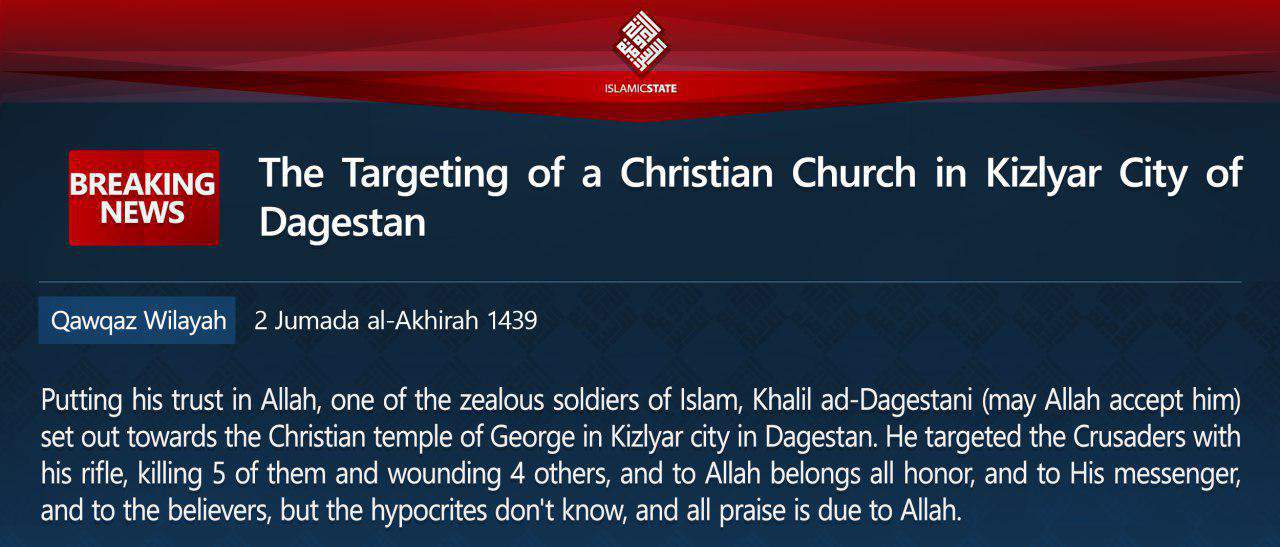
The Islamic State claimed responsibility for a shooting at a church in Kizlyar, a town in Dagestan, earlier today. Russian officials have confirmed that at least five people were killed and four more wounded.
Iran’s Revolutionary Guard and Russia have spearheaded the operation to capture the Islamic State-held city of al Mayadeen in Deir Ezzor province, eastern Syria.
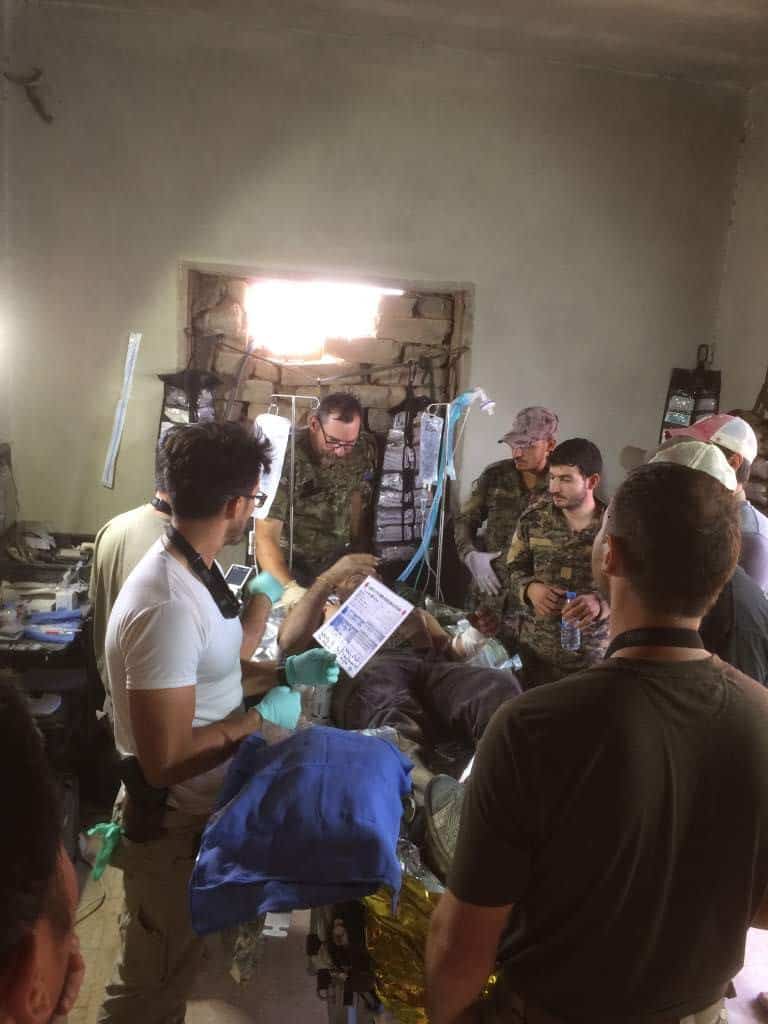
The US says that Russian forces struck and wounded several fighters belonging to the Syrian Democratic Forces (SDF). The incident highlights the fact that despite “de-confliction,” the US and Russia are often not on the same page in Syria.

Hezbollah forces and its militia allies can be seen parading in the streets of Deir Ezzor after lifting the siege of the city. Syrian regime soldiers, who had been under the siege since 2014, praise Hezbollah and Hassan Nasrallah for their role in the operation.
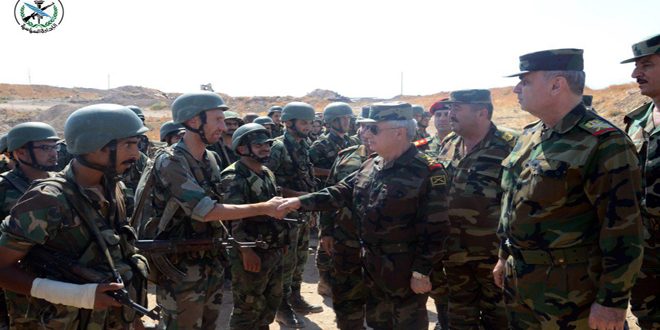
Israel struck a suspected chemical weapons facility near Masyaf, Syria earlier today. The facility may have been run by the Syrian regime’s Scientific Studies and Research Center (SSRC), which has been sanctioned by the US government for its role in producing chemical weapons and the means to deploy them.
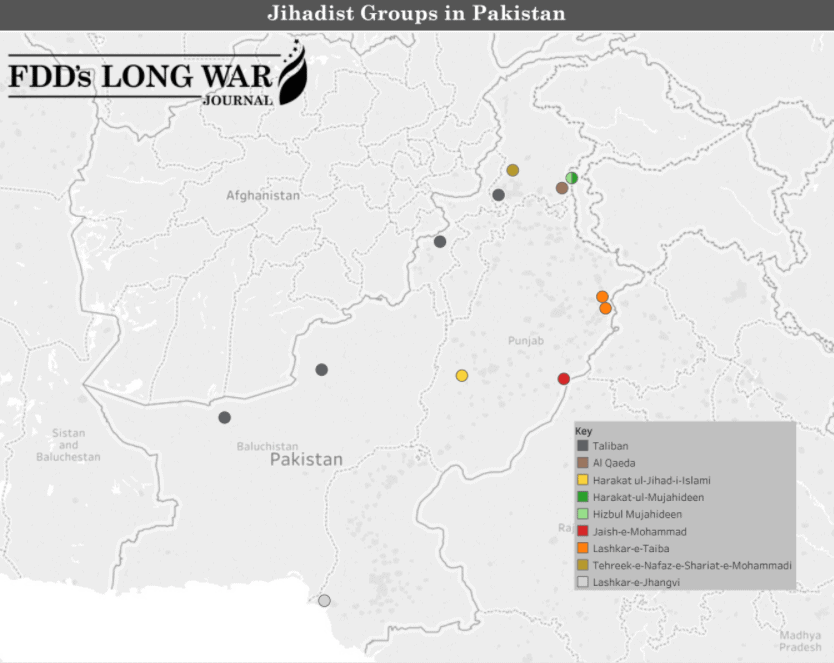
The blow comes just two weeks after President Trump called out Pakistan for providing “safe haven” for terrorist groups operating in the region and advocated for closer ties with India.
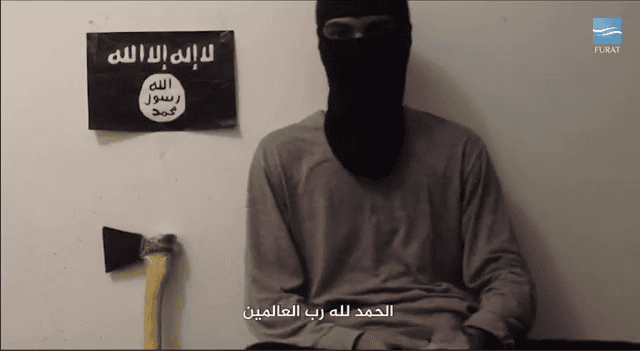
An Islamic State production featuring the young man responsible for stabbing rampage in the Russian city of Surgat is similar to past videos released by the group. The jihadist swore allegiance to Abu Bakr al Baghdadi before his day of terror. The video also contains a clip of a young Russian child beheading a captive.